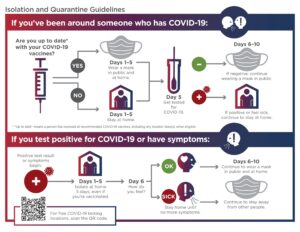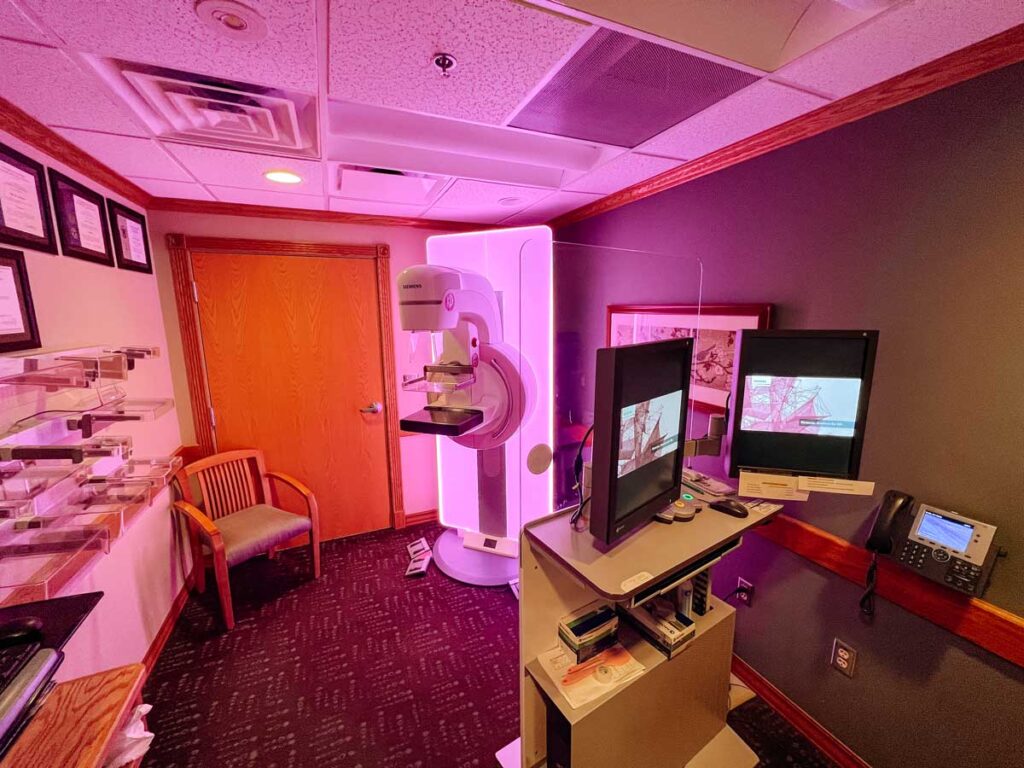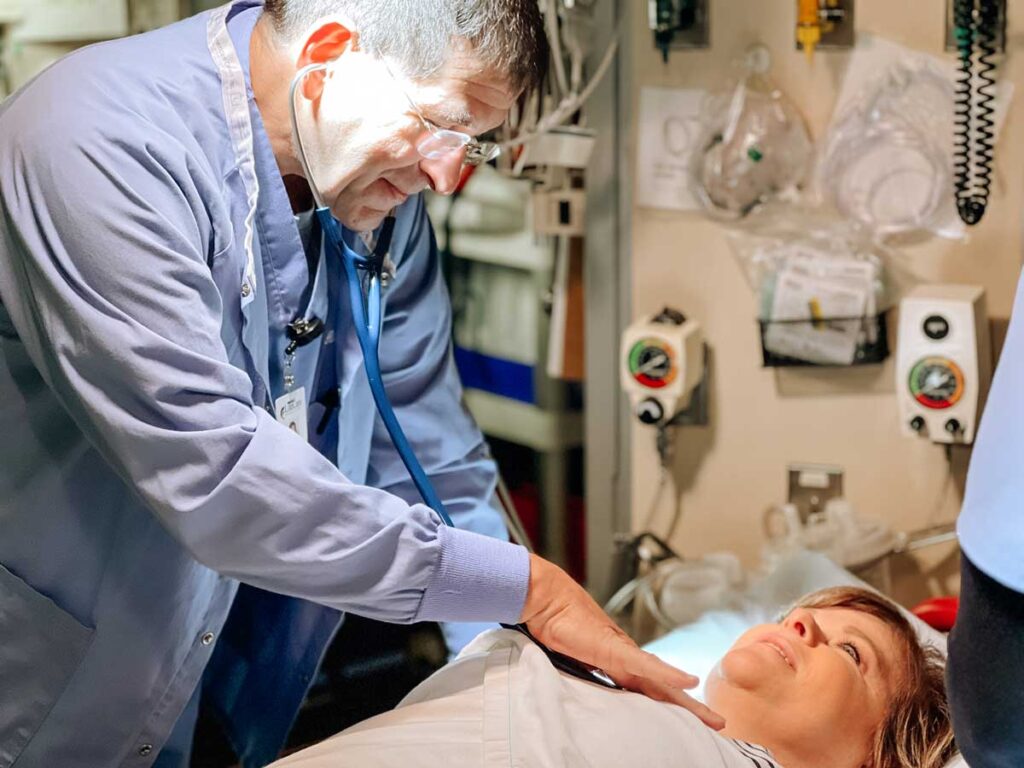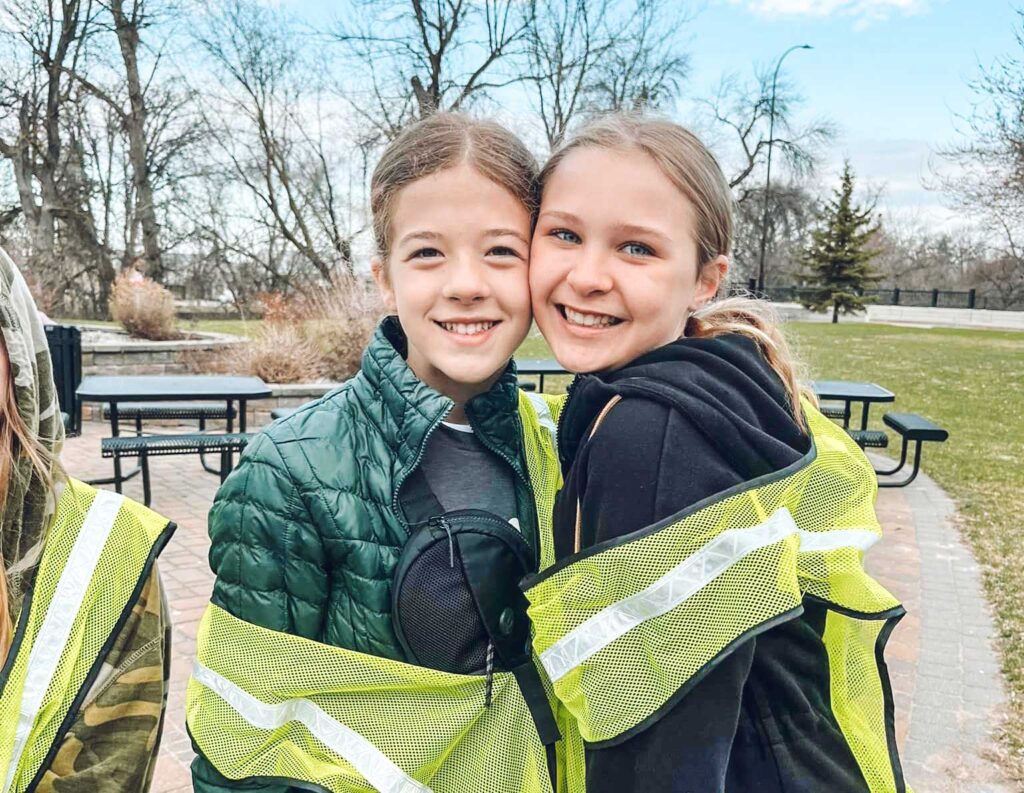Coronavirus Disease (Covid-19)

Coronavirus
LifeCare Medical Center is working with the Minnesota Department of Health (MDH) and following the Centers for Disease Control and Prevention (CDC) guidelines in relation to the Coronavirus (COVID-19).
If you have symptoms, get tested at LifeCare! Call 463-4750.
According to the Minnesota Department of Health, symptoms of COVID-19 can include:
- fever
- cough
- shortness of breath
- chills
- headache
- muscle pain
- sore throat
- or loss of taste or smell
- other less common symptoms include gastrointestinal symptoms like nausea, vomiting, or diarrhea.
These symptoms may appear 2-14 days after you are exposed to the virus that causes COVID-19.
Not everyone with COVID-19 has all of these symptoms, and some people may not have any symptoms.
This is a great symptom tool provided by the MDH: https://www.health.state.mn.us/diseases/coronavirus/materials/isitcovid.pdf
Talk to your health care provider if you have questions or concerns about symptoms.
If you have symptoms, get tested at LifeCare! Call 463-4750.
Here are the MDH updated quarantine and isolation guidelines:

The CDC updated the quarantine and isolation guidelines:
https://www.cdc.gov/coronavirus/2019-ncov/your-health/quarantine-isolation.html
- People who have symptoms of COVID-19 should get tested.
- In general, people who do not have symptoms should not be tested for COVID-19.
- MDH may recommend that people who do not have symptoms get tested in certain situations, such as a setting where an outbreak is occurring.
If you have symptoms, get tested at LifeCare! Call 463-4750.
- The virus is thought to spread mainly from person-to-person through respiratory droplets produced when an infected person coughs or sneezes.
- It spreads between people who are in close contact with one another (within about 6 feet).
- These droplets can land in the mouths or noses of people who are nearby or possibly be inhaled into the lungs.
- It is also possible that a person can get COVID-19 by touching a surface or object that has the virus on it and then touching their own mouth, nose, or possibly their eyes.
- People are thought to be most contagious when they are most symptomatic (the sickest).
- Some spread might be possible before people show symptoms (when they are asymptomatic); there have been reports of this occurring with this new coronavirus, but this is not thought to be the main way the virus spreads.
TAKE THE SAME PRECAUTIONS RECOMMENDED FOR AVOIDING COLDS AND FLU:
- Wash your hands thoroughly with soap and water.
- Stay home when you are sick.
- Cover your cough.
- Wear a mask out in public.
- Coronaviruses are a large family of viruses. They are estimated to cause about a third of all cases of the common cold.
- The most common forms can cause mild to moderate illness in people, while other forms circulate among animals, including camels, cats, and bats.
- COVID-19 is a viral respiratory illness caused by a coronavirus that has not been found in people before.
- COVID-19 is not caused by the same coronavirus that caused Severe Acute Respiratory Syndrome (SARS) in 2003 or Middle East Respiratory Syndrome Coronavirus (MERS-CoV) in 2012. However, it is in the same family of viruses.
- Because this is a new virus, there are still things we do not know, such as how severe the illness can be, how well it is transmitted between people, and other features of the virus. More information will be provided when it is available.
- The federal government has issued some new guidance on the use of cloth face coverings to help slow the spread of COVID-19. CDC recommends wearing cloth face coverings in public settings where other social distancing measures are difficult to maintain (e.g., grocery stores and pharmacies).
- Here are a few important things to keep in mind:
- Masks or cloth face coverings can help with preventing your germs from infecting others – especially in situations where you may spread the virus without symptoms.
- Wearing a mask does not protect you from others who may spread the virus. So, whether or not you wear a mask, you still need to wash your hands frequently, cover your cough, and practice social distancing by keeping at least 6 feet of space between people.
- People who are sick should still stay home. Wearing a mask does not mean people who are sick should go out into the community. If you are sick and need to go to the doctor, call your health care provider before going in and wear a mask to the clinic.
- Cloth face coverings should not be placed on young children under age 2, anyone who has trouble breathing, or is unconscious, incapacitated or otherwise unable to remove the mask without assistance.
Learn more about COVID-19 at CDC: Coronavirus Disease 2019 (COVID-19).
For more FAQs, visit the CDC website.
For more information regarding the Minnesota Department of Health and the Coronavirus (COVID-19), please visit the Minnesota Department of Health – COVID-19 website.
For more information regarding the CDC and the Coronavirus (COVID-19), please visit the Centers for Disease Control and Prevention website.






